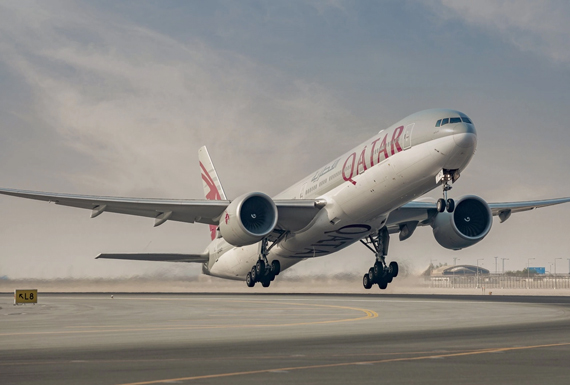Qatar Airways Cargo, WiseTech Global implement direct data connection
Qatar Airways Cargo and WiseTech Global, have commenced implementation of an extensive direct data connection between their global operating systems.
The direct data connection between WiseTech’s leading CargoWise platform and Qatar Airways Cargo management system, CROAMIS, streamlines the exchange of critical operational data that reduces risk, complexity and costs for forwarders as well as airlines.
Mr. Guillaume Halleux, Chief Officer Cargo at Qatar Airways Cargo commented, “Our agreement with WiseTech will help eliminate multiple intermediary data exchange points between freight forwarders and airline operating systems, it will also support future air cargo industry growth by removing technical risk and reducing costs. This initial step delivers a strong foundation for on-going product and technical connectivity between Qatar Airways Cargo and its substantial pool of customers.”
Scott McCorquodale, Chief Automation Officer, Air Cargo at WiseTech Global, said, “A direct connection and collaboration of this scale, between two such major players, improves many aspects of the air cargo process for our customers, as well as other participants in the end-to-end transportation chain. As the air cargo industry continues to adapt to the rapid and immense changes from 2020, it is important we work together to continuously streamline processes and improve efficiencies where there are obvious far-reaching benefits.”
These direct data feeds also add real value by removing extensive data duplication that has proliferated over many years, removing the burden on forwarders and reducing the resulting complexities and costs. Following IATA Recommended Practice, through the CargoWise connection, Qatar Airways Cargo offers an assurance that the single source of air waybill data from the forwarder will be immediately available to the global Qatar Airways ground handling network, reducing the technical and financial burden for forwarders that can otherwise occur and has traditionally often been the case.














